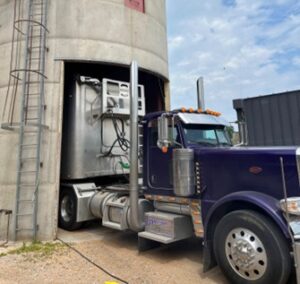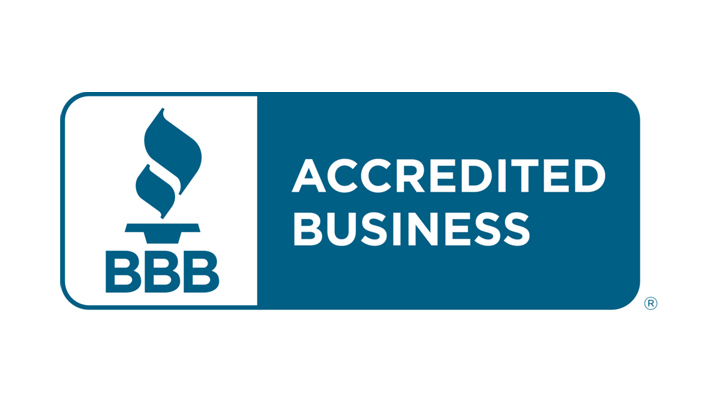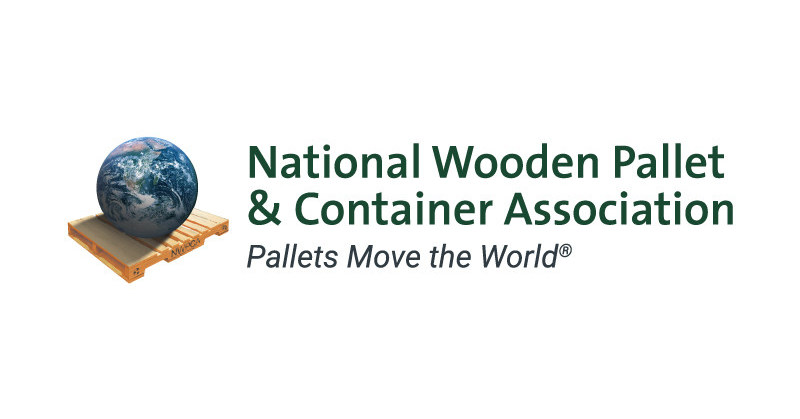Sustainability in the supply chain has shifted from a “nice to have” to a central requirement. Businesses of all sizes are expected to take measurable steps to reduce waste, cut carbon emissions, and demonstrate responsible sourcing practices. In the pallet industry, one of the most meaningful approaches to meeting these expectations is near-zero landfill operations.
For Troymill Wood Products, near-zero landfill is not just an internal benchmark. It is a promise to customers that every pallet, piece of lumber, and byproduct will be handled with the highest regard for environmental responsibility. Understanding how this works provides insight into why landfill-diversion practices matter and how they strengthen long-term partnerships with eco-conscious buyers.
What Near-Zero Landfill Operations Mean in the Pallet Industry
Near-zero landfill refers to an operational model where the vast majority of materials are kept out of landfills through recycling, reuse, and repurposing. While achieving an absolute zero landfill is rarely possible, companies that reach near-zero standards can redirect nearly all waste streams into new uses.
In the pallet industry, this goes beyond pallet recycling. It also includes:
- Reclaiming lumber for industrial lumber recycling
- Extending the lifecycle of pallets through repair and reuse
- Handling metals, plastics, and corrugated packaging responsibly
- Partnering with third-party recycling companies to ensure full material recovery
This comprehensive process creates sustainable wood packaging solutions that reduce waste while delivering reliable, high-quality products. For buyers, the difference is clear: selecting a supplier that prioritizes landfill diversion reduces environmental impact and supports corporate sustainability goals.
How Troymill’s Near-Zero Landfill Operations Divert Materials
 Troymill’s commitment to near-zero landfill operations is built on a systematic approach to managing every type of material. Each waste stream is given a new purpose:
Troymill’s commitment to near-zero landfill operations is built on a systematic approach to managing every type of material. Each waste stream is given a new purpose:
Wood: When pallets reach the end of their usable life, the lumber is salvaged and cut down into pallet components for future builds. If the wood cannot be reused in manufacturing, it is converted into mulch, animal bedding, or even used as a renewable energy source. This ensures that every board contributes value, even after its primary life cycle.
Metal: Hardware such as nails and fasteners is carefully removed and sent to specialized recycling facilities. By reclaiming these metals, Troymill prevents unnecessary landfill waste and supports the circular economy.
Plastic: Packaging materials like pallet wrap and strapping are sorted, baled, and shipped to recyclers that turn them into new plastic products. This step helps reduce the plastic footprint associated with large-scale pallet operations.
Corrugated Packaging: Cardboard and other corrugated materials used in shipping are compacted and recycled into new paper-based products. This reduces both waste and the need for virgin paper production.
Together, these efforts demonstrate how a pallet supplier can achieve landfill diversion across multiple materials. Customers benefit from knowing that their suppliers not only provide recycled pallets but also work to minimize waste throughout the entire production process.
Why Near-Zero Landfill Operations Matter to Businesses
The benefits of landfill diversion are both environmental and economic. By partnering with an eco-conscious pallet supplier like Troymill, businesses gain several advantages:
- Reduced environmental impact: Every recycled pallet or reclaimed material lowers the overall carbon footprint and diverts waste from already overcrowded landfills.
- Regulatory compliance: Many industries, particularly manufacturing and logistics, have strict sustainability requirements. Working with a supplier that operates near-zero landfill facilities helps companies meet these standards with confidence.
- Cost savings: Recycling wood, metal, and packaging materials reduces the cost of raw materials, which can translate into more competitive pricing for customers.
- Reputation and trust: Consumers and business partners increasingly favor companies that demonstrate measurable sustainability practices. Partnering with a near-zero landfill supplier signals accountability and forward-thinking values.
This is why large manufacturers often ask, “What companies are near zero waste?” The answer frequently lies in choosing suppliers who prioritize recycling and sustainability in every step of their operations.
Building Trust Through Sustainable Pallet Solutions
 Near-zero landfill operations demonstrate to customers that sustainability is more than just a promise. At Troymill, it is central to our operations. Pallet recycling, recycled pallets, and industrial lumber recycling are part of our identity.
Near-zero landfill operations demonstrate to customers that sustainability is more than just a promise. At Troymill, it is central to our operations. Pallet recycling, recycled pallets, and industrial lumber recycling are part of our identity.
We divert 98% of our wood waste from landfills. Scrap is converted into sawdust for biomass energy, supplied as firewood to the local community, or reused in our own production and shipping processes. Each year, we recycle tens of thousands of pallets. Only a fraction are resold, as most are recovered from customers and converted into sawdust for energy.
For our customers, this translates to more than just a reliable pallet supply. It provides confidence that their supply chain supports long-term sustainability goals. From small businesses to global manufacturers, working with Troymill strengthens brand reputation and builds trust in a marketplace where sustainability drives success.
FAQs: Near-Zero Landfill Operations
- Q1. What does near-zero landfill mean in the pallet industry?
Near-zero landfill means that nearly all materials used in pallet production, including wood, metal, plastic, and corrugated packaging, are reused, recycled, or repurposed instead of being discarded. For pallet suppliers like Troymill, this commitment ensures sustainable wood packaging and long-term environmental responsibility. - Q2. How do pallet recycling programs reduce landfill waste?
Pallet recycling programs extend the life of wood packaging by repairing or reusing pallets multiple times. When pallets reach the end of their life cycle, the lumber is recycled into components, used as mulch, or utilized as an energy source. This process significantly reduces landfill waste and supports eco-conscious supply chains. - Q3. What companies are near zero waste, and why does it matter?
Many large manufacturers now require their suppliers to demonstrate landfill-diversion practices as part of their sustainability standards. Pallet companies that operate with near-zero landfill practices, like Troymill, are better positioned to build trust and long-term partnerships with these eco-conscious buyers. - Q4. How can pallet companies achieve zero landfill goals?
Achieving zero or near-zero landfill requires a system for sorting and recycling every material stream, from industrial lumber recycling and scrap wood reuse to proper handling of metal fasteners and corrugated packaging. Companies also partner with third-party recyclers to ensure nothing usable goes to waste. - Q5. Why should businesses choose an eco-conscious pallet supplier?
Working with a supplier focused on recycled pallets and sustainable wood packaging not only reduces environmental impact but also helps companies meet corporate sustainability goals. Partnering with Troymill supports landfill diversion efforts while ensuring a reliable and cost-effective pallet supply.
Take the Next Step Toward Sustainability
Near-zero landfill operations are about more than waste reduction. They aim to build a circular economy where every material is given a second life.
By choosing Troymill as your pallet supplier, you gain a partner committed to pallet recycling, the use of recycled pallets, and sustainable wood packaging, which strengthens both your supply chain and your reputation.
Explore Troymill’s Sustainability Commitment and see how your business can reduce its landfill footprint.




